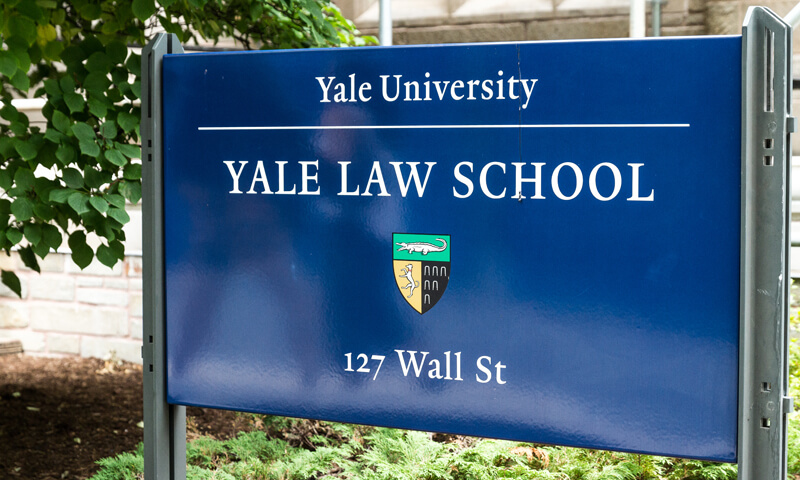
Hamburg drew attention to a kind of pharmacies, which are proliferating and which “produce medications in advance of or without obtaining a prescription and distribute them across the country.”
And she stressed that the “The magnitude and complexity of these operations have outpaced the current patchwork of state laws that differ in prescription requirements and quality control rules.”
Coming from the Commissioner of FDA, the situation seems to be precarious for the populace. After establishing the premise of her arguments based on the chilling statistics of the fungal meningitis outbreak she argues that “FDA must have clear authority to proactively inspect pharmacies to determine the scope and nature of their operation.” However, she complains that “Even during this time of heightened awareness, our inspectors are being delayed in their work or denied full access to records at some of the facilities we are inspecting.”
And Hamburg proposes a new framework, which is not applicable to traditional pharmacies, but to “certain high-risk sterile compounding facilities.”
However, besides the new framework proposed, Hamburg believes, and she says that new regulations should also contain some federal rules for all pharmacies including the traditional ones. These should include:
- Clear authority to examine a pharmacy’s records to more quickly locate the cause of an outbreak or other violations of the law, and
- Prohibiting compounding of the most complex and high risk products – drugs and biologics that should only be made for patients by an FDA-registered drug manufacturer under an approved new drug application.
However, at the end of her opinions, when it comes to funds, Hamburg makes this interesting remark “We look forward to working with Congress to explore funding mechanisms, which could include registration and other fees, as Congress has authorized and FDA has successfully implemented in other settings.”
Hamburg’s last comment has created a media frenzy suggesting the FDA means to charge fees to do the job they were supposed to do in the first place.
And it’s not really sure in how many cases the FDA is being denied access to records by errant pharmacies, thus hampering the FDA’s ability to do its work, but it’s sure that budget cuts are having their effect.












































